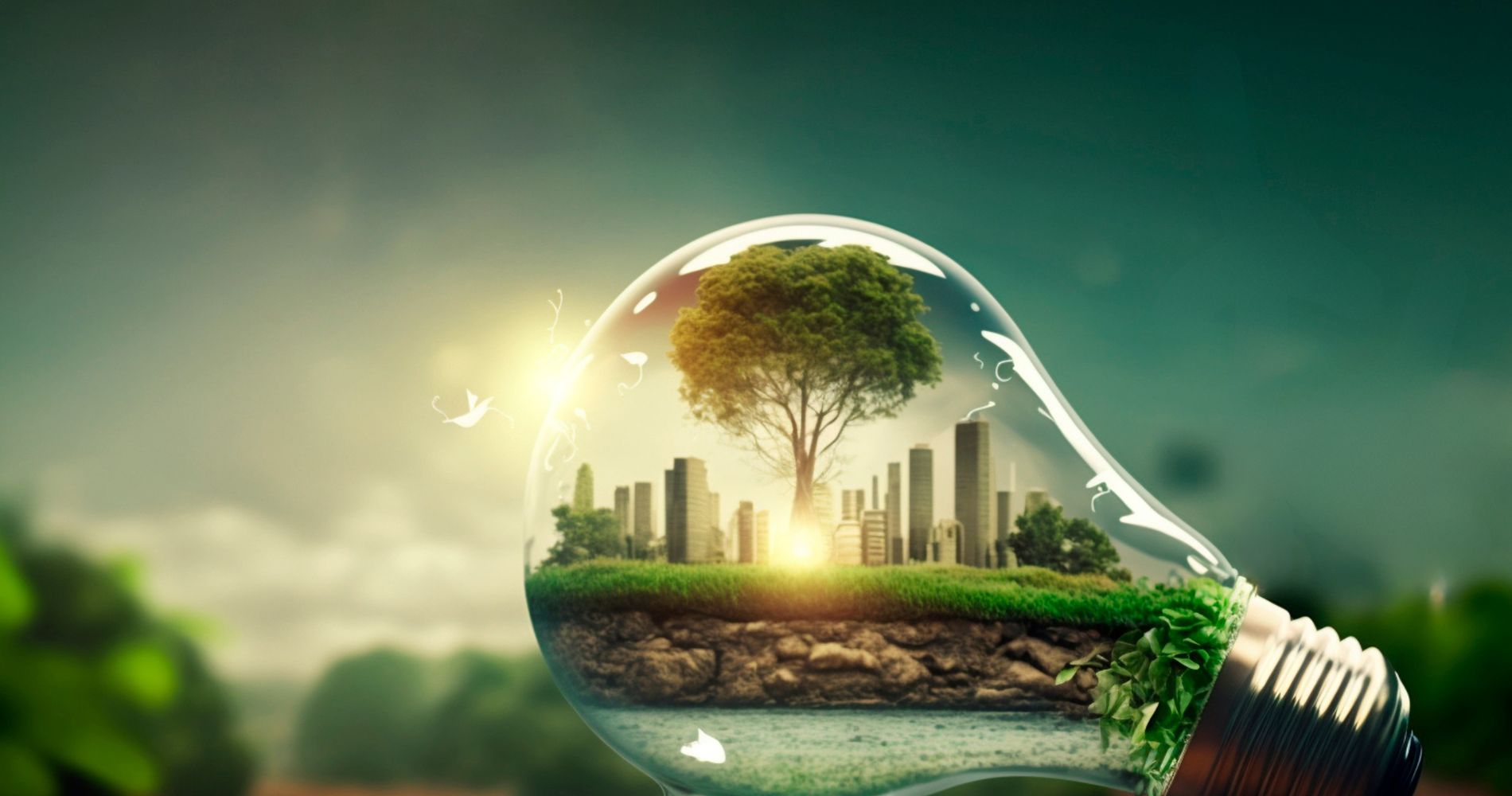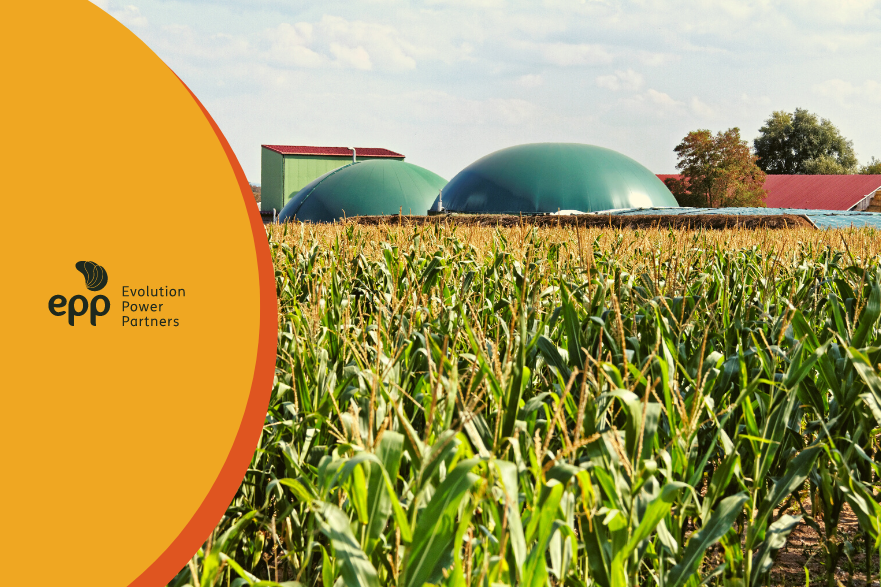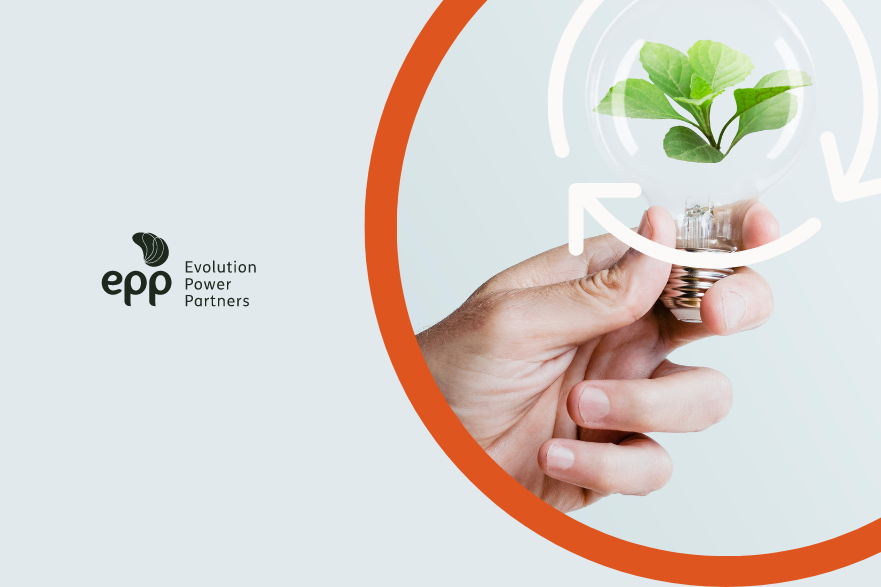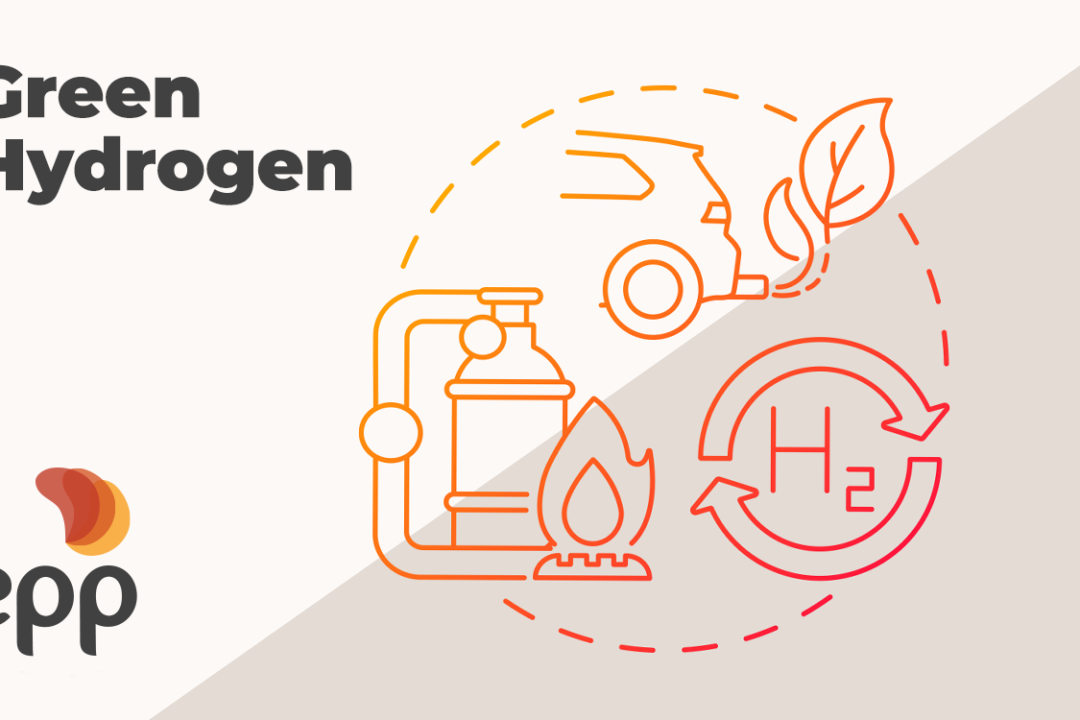Green energy, also known as clean energy, refers to electricity generated from natural and renewable sources with low environmental impact. These sources include sunlight, wind, water, and biomass, which are continuously replenished by nature and do not deplete with use. Unlike fossil fuels such as oil and coal, green energy does not release large amounts of greenhouse gases or pollutants into the atmosphere, significantly contributing to climate change mitigation and promoting environmental sustainability.
The Importance of Green Energy in the Brazilian Industry
In Brazil, the industrial sector is one of the largest energy consumers, accounting for 31.8% of the country’s total energy consumption in 2023, according to data from the National Energy Balance (BEN). This percentage represents a 2.9% increase compared to the previous year, highlighting the growing energy demand of the industrial sector. It is estimated that energy costs account for about 40% of operational expenses in Brazilian industries, making energy efficiency and the adoption of renewable sources crucial issues for competitiveness and sustainability.
Arthur Igreja, a technology and innovation specialist, emphasizes that energy is essential for economic growth: “We have a still-growing population, and equipment that increasingly demands more energy. As people’s standard of living rises, energy consumption tends to increase as well. Without energy, absolutely everything is restricted, including consumption and investments.” This statement underscores the need to ensure a sustainable energy supply to support the country’s economic and social development.
Necessary Investments for Decarbonization
For Brazilian industry to achieve net-zero greenhouse gas emissions by 2050, the National Confederation of Industry (CNI) estimates that investments of around R$ 40 billion will be required. This amount will be directed toward implementing clean technologies, modernizing production processes, and adopting renewable energy sources. Supporting this transition, the federal government launched the *Nova Indústria Brasil* program, which foresees R$ 3 billion in incentives for decarbonization projects in 2024. These initiatives aim not only to reduce emissions but also to enhance energy efficiency and improve the competitiveness of the national industry.
Economic Benefits of Green Energy
The adoption of green energy sources can significantly reduce costs for industries. In addition to lowering energy expenses, using renewable resources can mitigate risks associated with fossil fuel price volatility and dependence on imports. Additionally, companies investing in sustainability tend to enhance their image among consumers and investors, gaining access to new markets and financing opportunities. The transition to a cleaner energy matrix can also generate jobs and stimulate technological innovation, strengthening the overall economy.

Recent Advances in Brazil’s Energy Matrix
Brazil has made significant progress in expanding its renewable energy generation capacity. In 2024, 301 new power plants were inaugurated, adding 10.85 gigawatts (GW) to the national energy grid. Of this total, 91.13% came from renewable sources, with solar photovoltaic energy accounting for 51.87% of the new installed capacity and wind energy for 39.26%. These figures reflect the country’s commitment to diversifying its energy matrix and reducing carbon emissions.
According to the 2024 National Energy Balance Summary Report, published by the Energy Research Company (EPE), in 2023, 87.9% of the electricity generated in Brazil came from renewable sources. This percentage highlights the country’s position in the global clean energy scenario, demonstrating its potential to lead the sustainable energy transition.
Challenges and Future Perspectives
Despite the progress, Brazil’s renewable energy sector faces challenges. In 2024, the wind energy segment experienced a slowdown, with 76 new wind farms installed, totaling 3.3 GW of capacity—down from 123 wind farms and 4.8 GW added in the previous year. This decline is attributed to factors such as high costs and an imbalance between energy supply and demand. However, projections indicate a return to growth from 2027, driven by stronger economic expansion and new demands from emerging industries such as data centers and green hydrogen production.
For example, the state of Rio Grande do Sul has been seeking alternatives to diversify its energy matrix and reduce its reliance on coal. After experiencing devastating floods in 2024, the state government launched a Just Energy Transition Plan, which includes green hydrogen plants and offshore wind farms. These initiatives aim not only to mitigate climate change impacts but also to promote sustainable economic development and job creation in the region.
The transition to green energy in Brazil presents a promising path toward industrial decarbonization and operational cost reduction. Investments in renewable sources and energy efficiency are essential to ensuring environmental sustainability and economic competitiveness. While challenges persist, governmental initiatives and private sector efforts indicate a consistent movement toward a cleaner and more diversified energy matrix. The continuity of this process will depend on effective public policies, appropriate incentives, and society’s collective engagement in promoting sustainable practices.






